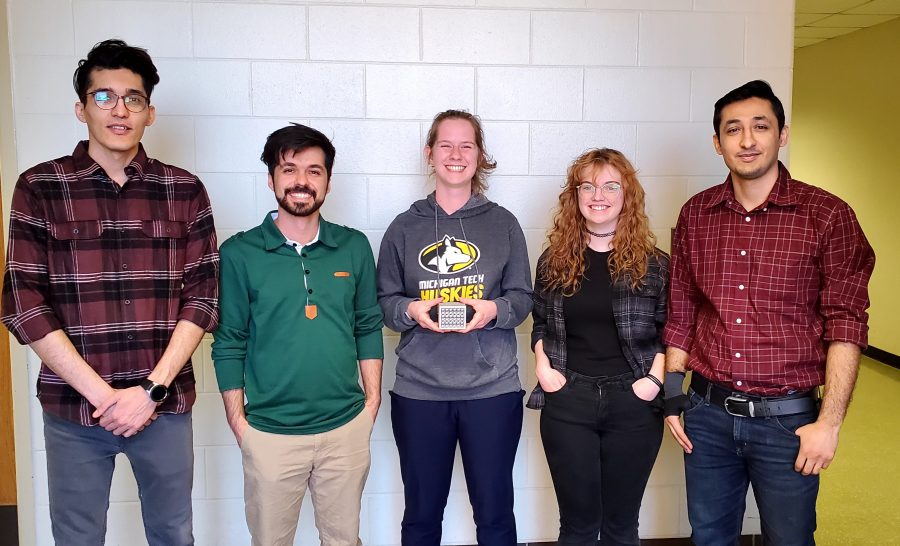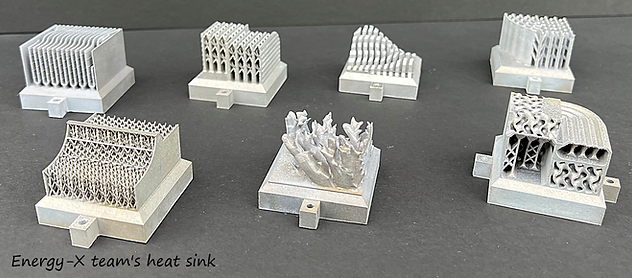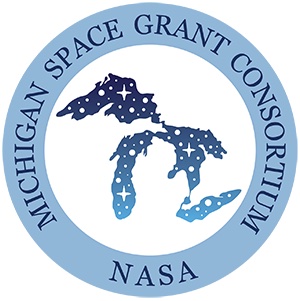
A student team from Michigan Tech has been awarded first place in the ASME/K16 and IEEE/EPS Student Design Challenge: Expanding the Possibilities of Heat Sink Design Using Additive Manufacturing.
The competition called upon student teams K-16 to expand the possibilities of heat sink design using additive manufacturing. The four finalist teams are Michigan Tech, Purdue University, University of Arkansas, and Berlin Institute of Technology.
Advanced heat sink designs offering augmented cooling capabilities are required for effective thermal management of high-power electronic chips. Future heat sink designs should not only offer an effective heat transfer but also be compact and cost-effective.
Composed of Michigan Tech graduate and undergraduate students in the Department of Mechanical Engineering-Engineering Mechanics, the team was first selected as a semi-finalist in March. Now, as a finalist, one member of the team will defend their heat sink design in front of industry leaders in the form of an oral presentation, Behzad Ahmadi. That will take place during the IEEE ITherm 2022 Conference coming up in San Diego from May 31 – June 3, 2022.

Undergraduate students are Gracie Brownlow and Kelsey Brinks. Graduate students are Behzad Ahmadi, Masoud Ahmadi, and Behnam Ahmadi. Assistant Professor Sajjad Bigham is the team advisor. He is the director of the Energy-X Lab (Energy eXploration Laboratory) at Michigan Tech.
For the competition, all teams were asked to design, build, and validate an aluminum heat sink made with additive manufacturing techniques made available by GE Additive. Next, teams prepared a white paper that justified their designs.
The Michigan Tech team was among selected to print their heat sink with GE Additive machines. It was then sent for testing, which then helped determine the finalists, due to their top designs.
